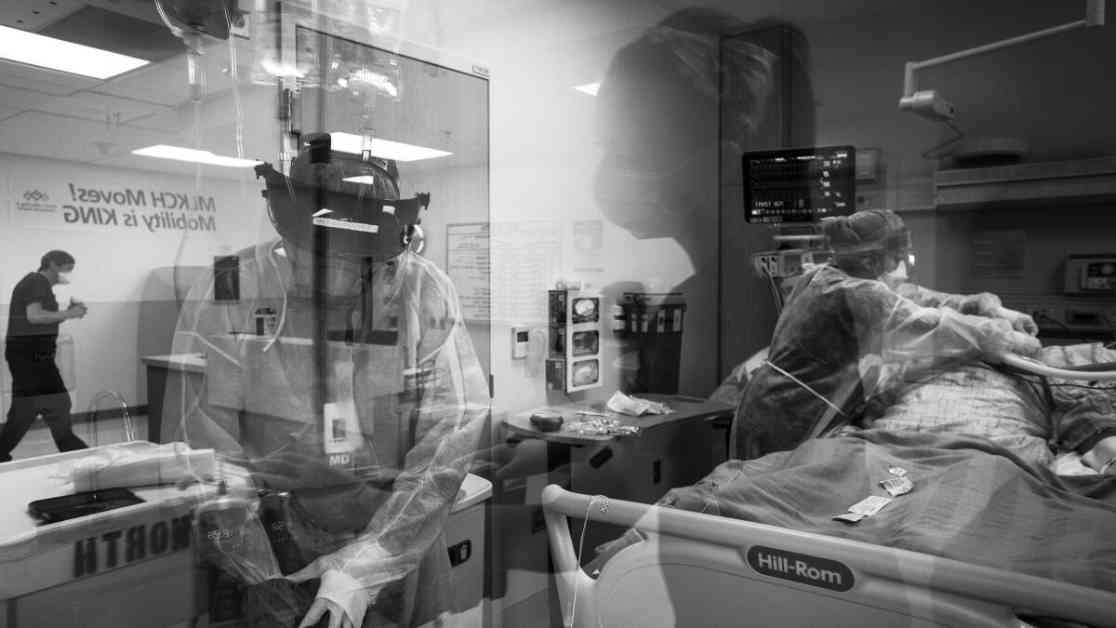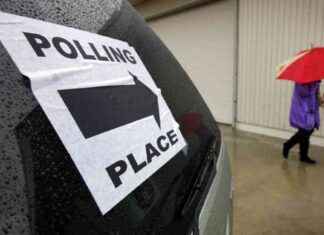Researchers from USC, UCLA, and the Cleveland Clinic recently conducted a study that revealed the increased risk of serious cardiac events such as heart attacks and strokes in people hospitalized for COVID-19. The study, which analyzed over 10,000 COVID cases tracked by the UK Biobank, aimed to understand how COVID affects the risk of heart-related issues.
The findings of the study, published in the journal Arteriosclerosis, Thrombosis, and Vascular Biology, showed that individuals who were hospitalized for COVID during the first year of the pandemic faced a significantly higher risk of heart attacks, strokes, and even death, similar to those with a history of heart disease. This increased risk was evident even in patients without any prior indications of heart disease.
Notably, the risk of cardiac events was found to be amplified in individuals who had severe cases of COVID, but it was still present in patients with milder forms of the virus. The study indicated that the risk of heart attacks and strokes was approximately twice as high in individuals who had contracted COVID at any severity level, and four times as high in hospitalized cases, compared to those who had not been infected with the virus.
Furthermore, the researchers discovered that the risk of cardiac events varied based on blood type, with individuals with blood types A, B, or AB facing higher risks compared to those with type O blood. This suggests that genetics may play a role in determining the likelihood of developing heart-related issues after a COVID infection.
The study’s findings have significant implications for the future management of patients who have had COVID-19. The researchers emphasized the need for healthcare providers to consider the increased risk of heart attacks and strokes in individuals who have had the virus when developing prevention strategies. Currently, COVID is not being factored into the prevention and management of heart-related issues, but the study suggests that it should be a part of the discussion.
It is important to note that the study had some limitations, as it only focused on COVID cases before vaccines were widely available. Another study, which utilized the UK Biobank data, indicated that the incidence of heart attacks and strokes decreased after individuals received the COVID vaccine. Additionally, some COVID patients may have had undiagnosed heart disease prior to their hospitalization, which was not accounted for in the study.
Overall, the study sheds light on the long-term cardiovascular risks associated with COVID-19 and highlights the importance of considering the virus in the prevention and management of heart-related issues. The findings could potentially influence how healthcare providers approach the care of patients who have had COVID and help reduce the burden of cardiovascular disease in the future.



























